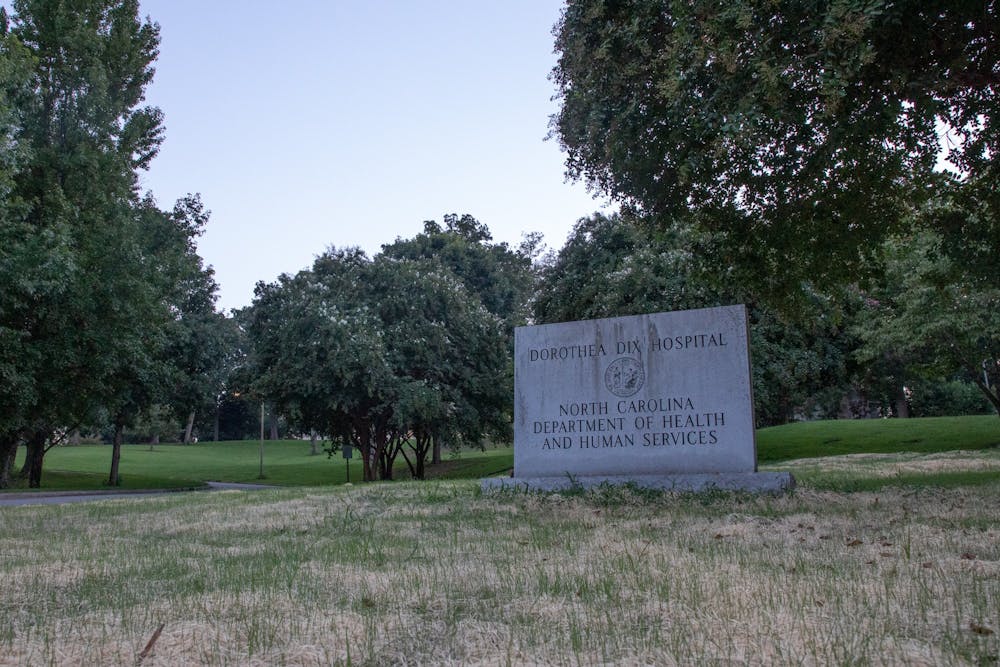The state of North Carolina has 100 counties — 80 of which are rural or non-metropolitan. These counties hold around 40 percent of the state’s total population, and many only have one hospital each, or none at all.
Mark Holmes, a professor of health policy at the Gillings School of Global Public Health and director of the Cecil G. Sheps Center for Health Services Research, said rural and low-income regions of the state — like the northeast, southeast and far west — face the most serious challenges in healthcare access.
There are nearly 20 counties in the state without emergency medicine physicians and more than 40 without certified nurse midwives.
“I think the combination of rural and low income makes for particular challenges,” he said. “Transportation, for example, is a lot harder to go the 30 to 45 minutes to the local hospital or doctor or dentist when you don't have a car or a reliable car.”
George Pink, the deputy director of the North Carolina Rural Health Research Program, said 35 to 40 percent of rural hospitals are continuously losing money over the years. He said outdated buildings and technology, as well as difficulty recruiting employees, contribute to rural hospital struggles.
In North Carolina, there are 20 critical access hospitals in the state, or hospitals that have at most 25 acute care inpatient beds and are located over 35 miles from another hospital.
“The overall goal is to keep these hospitals open — if there's a market for that — and to help them maintain long-term health care services in those communities,” Nick Galvez, program manager for the North Carolina Rural Hospital Program said.
The new state budget, passed by the N.C. General Assembly in September, allocates over $400 million to the creation of a collaborative rural health program between UNC and East Carolina University. Three new clinics will be built in rural areas and $150 million will go to hospital investment. Holmes said he is looking forward to the innovations that result from the program.
He said there are many non-state driven initiatives, including federal funding programs, to improve health access in rural areas. For instance, the NCDHHS Office of Rural Health did not receive any explicit state funding in 2023 but is instead funded federally.




